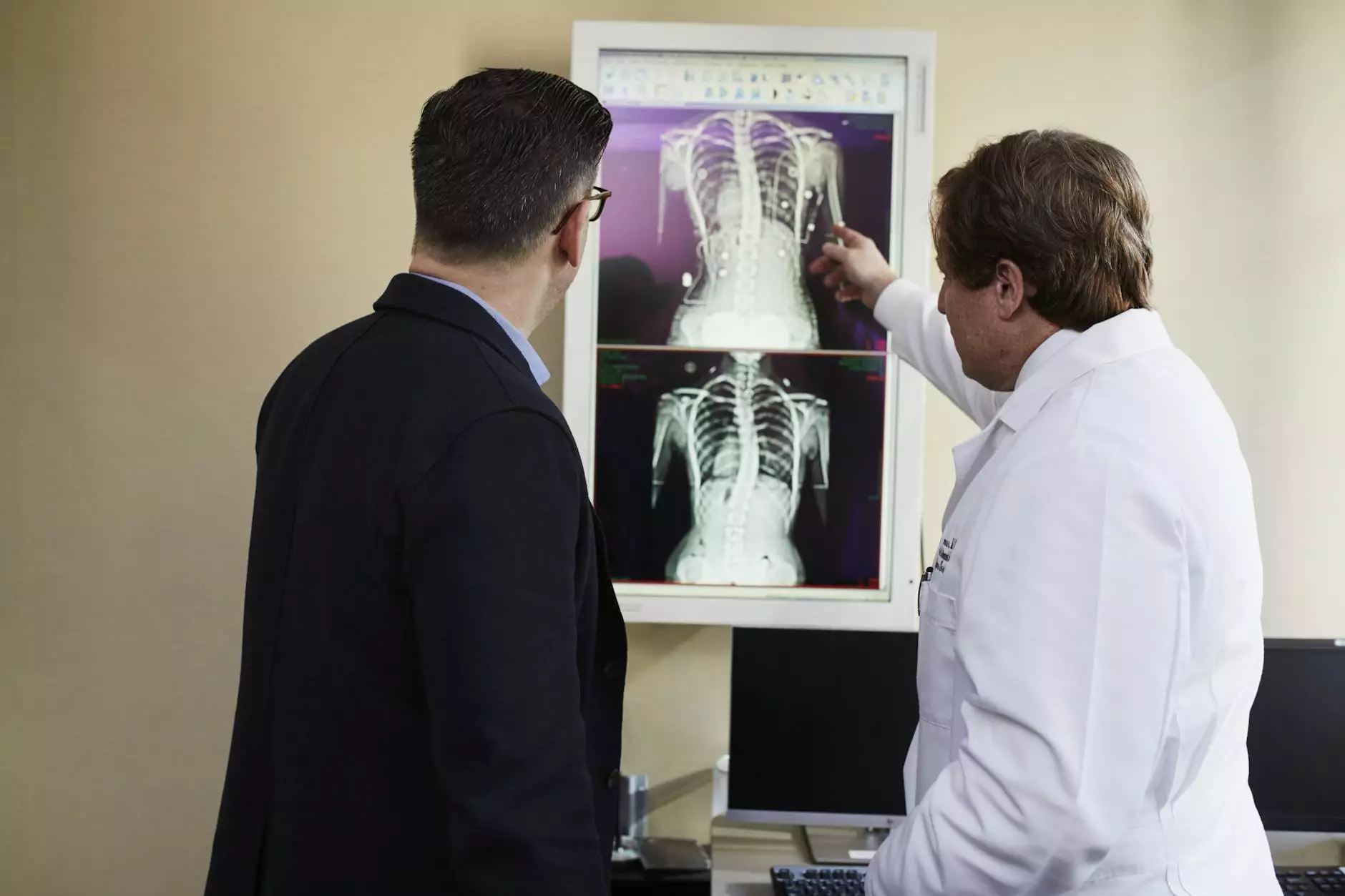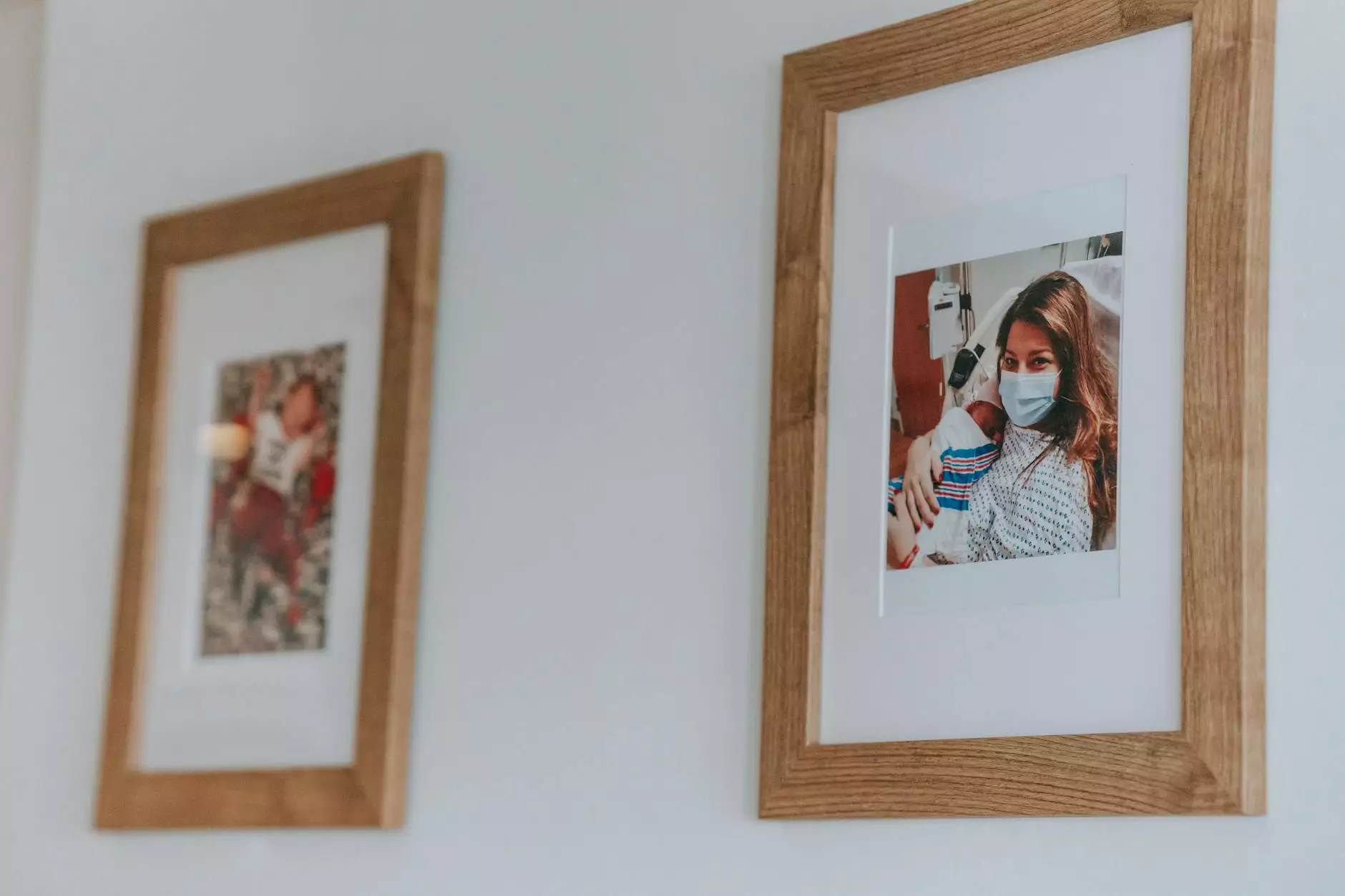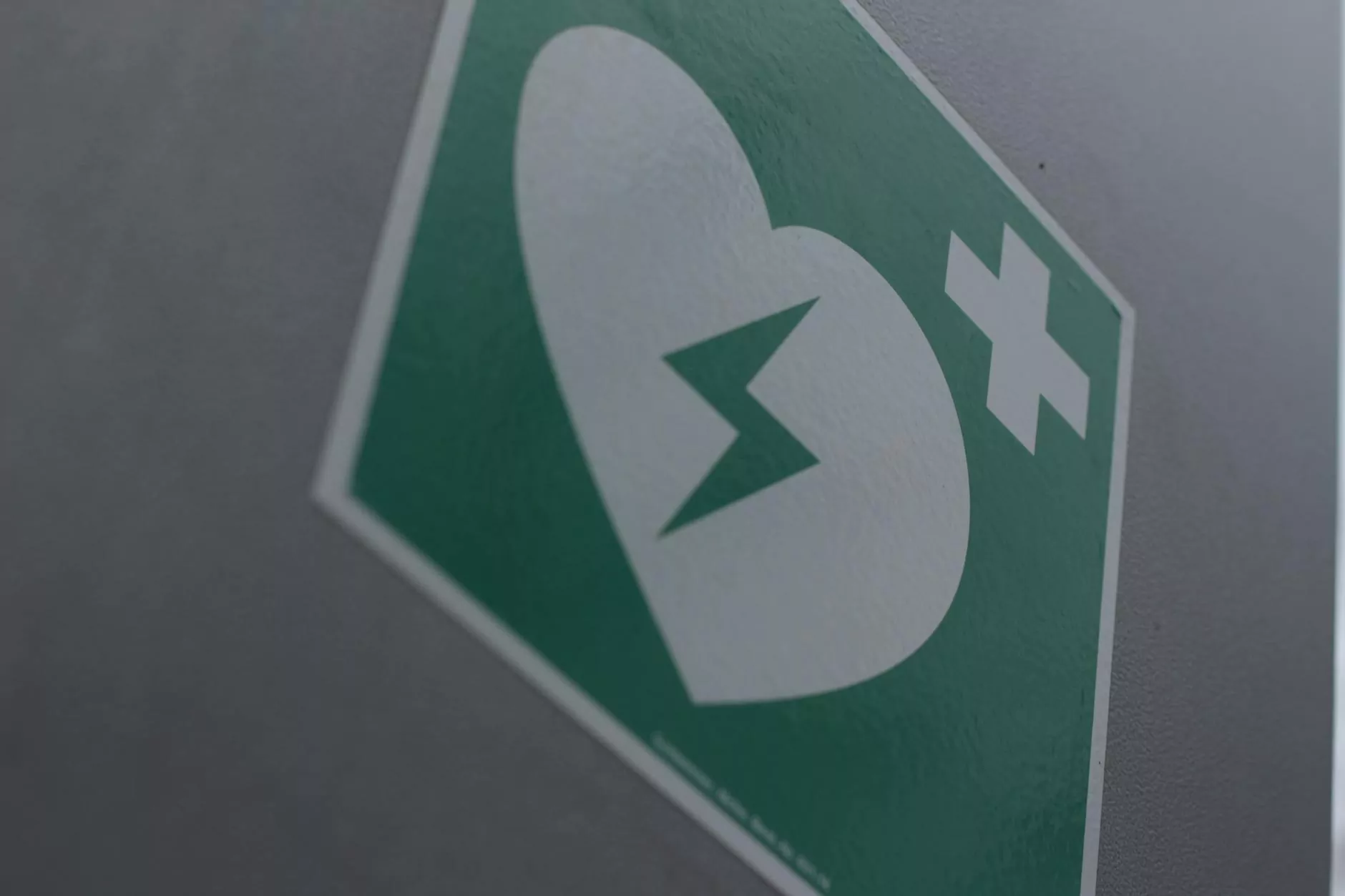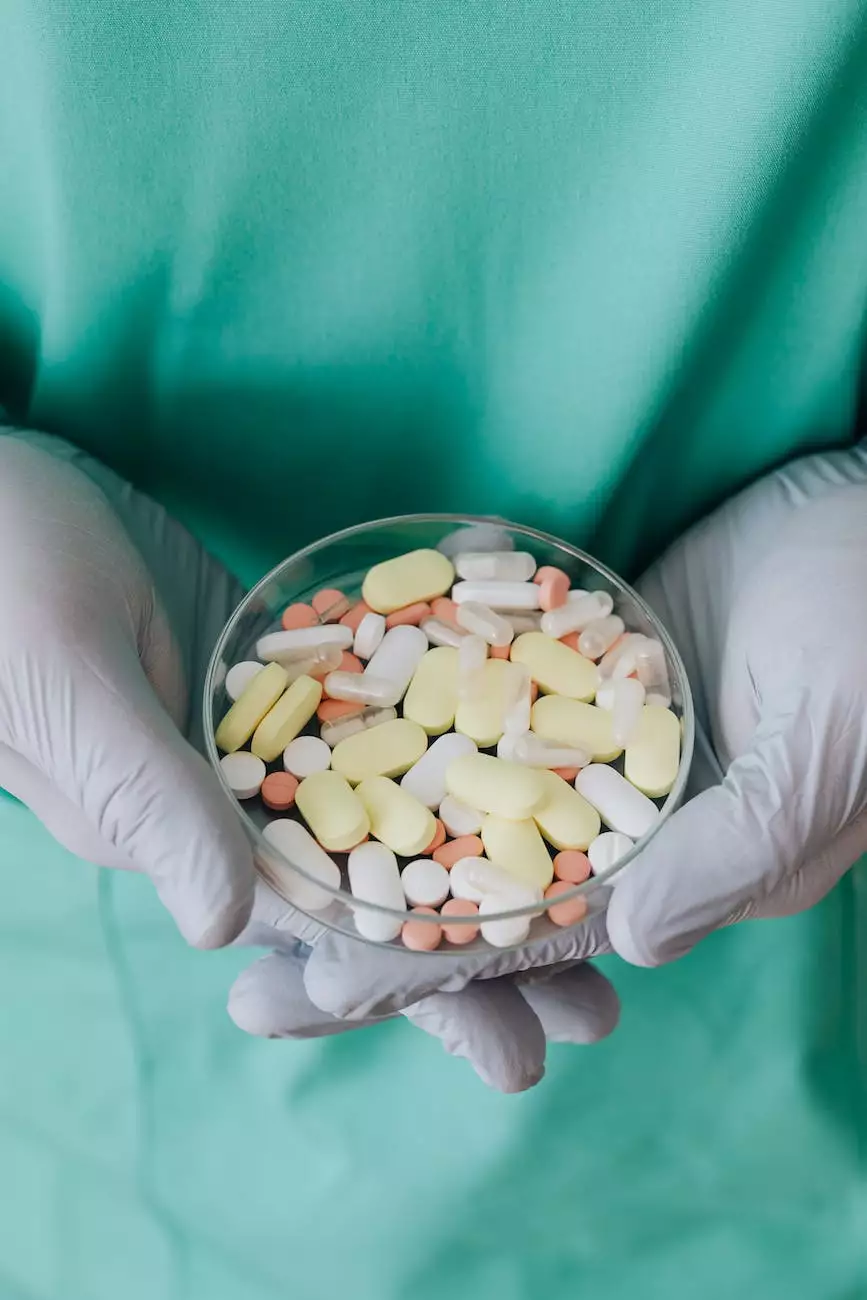What Are Abdominal Adhesions?

Welcome to Minneapolis Weight Loss Doc, your trusted authority in health-related information. In this article, we will dive deep into the topic of abdominal adhesions - a condition that can impact your well-being. Whether you are seeking knowledge or guidance on this matter, you've come to the right place.
Understanding Abdominal Adhesions
Abdominal adhesions are bands of fibrous tissue that form between organs in the abdominal cavity. These adhesions can develop as a result of prior abdominal surgeries, inflammation, infection, or endometriosis. They typically form after the body's natural healing process, during which the tissues inside the abdomen adhere together.
Causes of Abdominal Adhesions
There are several factors that contribute to the formation of abdominal adhesions. The most common cause is abdominal surgery, including procedures such as appendectomy, hysterectomy, or bowel surgery. Additionally, conditions like pelvic inflammatory disease, diverticulitis, or endometriosis can also lead to the development of adhesions.
Symptoms and Complications
Abdominal adhesions may manifest differently in each individual. Some people may experience no symptoms at all, while others might face significant discomfort and complications. The symptoms associated with abdominal adhesions can include:
- Chronic abdominal pain
- Digestive issues
- Bloating or swelling
- Nausea or vomiting
- Difficulty passing stools
- Infertility (in cases where adhesions affect the reproductive organs)
While adhesions themselves may not be life-threatening, they can cause serious complications. In some cases, they can lead to bowel obstruction or female infertility. It is essential to seek professional medical advice if you suspect the presence of abdominal adhesions and experience persistent symptoms.
Diagnosis and Treatment Options
If you are concerned about abdominal adhesions, it is crucial to consult a qualified healthcare professional. They will assess your medical history, conduct a physical examination, and may use imaging tests, such as CT scans or X-rays, to identify the presence of adhesions.
The treatment options for abdominal adhesions vary depending on the severity of the symptoms and the impact they have on the individual's quality of life. Options may include:
- Conservative management: This approach focuses on managing the symptoms through pain relief medications, dietary adjustments, and lifestyle changes.
- Physical therapy: In some cases, physical therapy techniques can be employed to improve abdominal mobility and reduce the impact of adhesions on daily life.
- Surgical intervention: Surgeons may perform a procedure called adhesiolysis, during which the adhesions are carefully separated or removed. However, it is important to note that surgery carries its own risks, and the decision to undergo surgery should be made in consultation with a medical professional.
Prevention and Outlook
While it may not be possible to completely prevent abdominal adhesions, there are steps you can take to minimize the risk. During surgery, skilled surgeons employ techniques to reduce adhesion formation, and the use of anti-adhesive barriers may be considered in certain cases.
The outlook for individuals with abdominal adhesions varies depending on various factors, including the severity of adhesions, underlying conditions, and the chosen treatment approach. Seeking timely medical advice and discussing symptoms and concerns with a healthcare professional can help guide you toward the most suitable management plan.
Minneapolis Weight Loss Doc is dedicated to providing reliable and informative content on a wide range of health topics. We understand the importance of staying well-informed, and our mission is to empower individuals like you in making educated decisions about your health and well-being.
Remember, knowledge is key in maintaining good health, and we're here to support you on your journey. Stay tuned for more valuable insights, tips, and guides regarding health-related matters.
© 2022 Minneapolis Weight Loss Doc | Health










